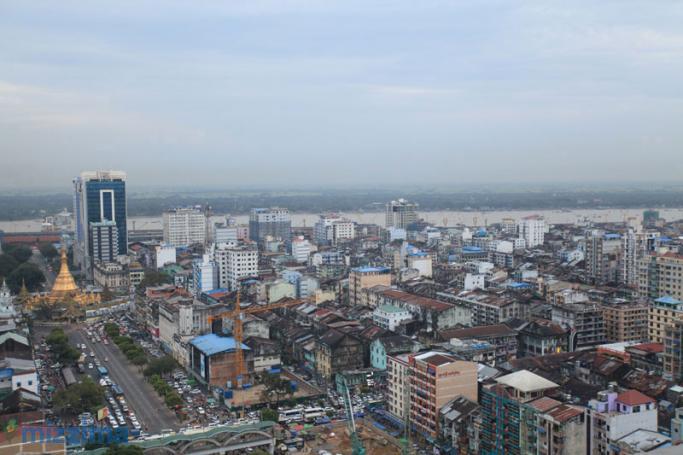Mizzima
Global finance watchdog, the Financial Action Task Force (FATF), announced that Myanmar would stay on its blacklist, at its second plenary, held in Paris from 20-24 February 2023.
Myanmar was first put on the blacklist, or as the FATF describes it, made a jurisdiction subject to a Call for Action on 21 October 2022. The only two other countries in the world also classified as being subject to a Call for Action are the Democratic People's Republic of Korea (DPRK) and Iran.
The FATF describes such high-risk jurisdictions as having significant strategic deficiencies in their regimes to counter money laundering, terrorist financing, and proliferation financing. such countries are often referred to as being on the “FATF black list” by the press and others.
Proliferation financing is defined by the FATF as the provision of funds or financial services used for the manufacture, acquisition, possession, development, export, trans-shipment, brokering, transport, transfer, stockpiling or use of nuclear, chemical or biological weapons and their means of delivery and related materials, including both technologies and dual-use goods used for non-legitimate purposes.
For all countries identified as high-risk, the FATF calls on all members and urges all jurisdictions to apply enhanced due diligence, and, in the most serious cases, countries are called upon to apply counter-measures to protect the international financial system from money laundering, terrorist financing, and proliferation financing (ML/TF/PF) risks emanating from the country.
Countries subject to a Call for Action will likely have economic penalties and other restrictive measures imposed on them by FATF member states and other international bodies such as the International Monetary Fund (IMF), the World Bank (WB) and the Asian Development Bank (ADB).
The FATF called on Myanmar to continue on implementing its action plan to address deficiencies, including by: (1) demonstrating an improved understanding of money laundering risks in key areas; (2) demonstrating that on-site/offsite inspections are risk-based, and that hundi operators are registered and supervised; (3) demonstrating enhanced use of financial intelligence in law enforcement agencies, investigations, and increasing operational analysis and disseminations by the Financial Intelligence Unit [FIU, an investigative unit established by individual countries to centralize the gathering of suspicious activity reports related to criminal financial activity, including money laundering and terrorism]; (4) ensuring that money laundering is investigated/prosecuted in line with risks; (5) demonstrating investigation of transnational money laundering cases with international cooperation; (6) demonstrating an increase in the freezing/seizing and confiscation of criminal proceeds, instrumentalities, and/or property of equivalent value; (7) managing seized assets to preserve the value of seized goods until confiscation; and (8) demonstrating implementation of targeted financial sanctions related to proliferation financing.
The FATF said Myanmar will remain on the list of countries subject to a call for action until its full action plan is completed.
Despite this setback, the Myanmar Central Bank Chairman Daw, Than Than Swe, said: “the business remittance standard set by the FATF has increased.”
Some businessmen have said that being on the FATF blacklist makes international trading harder for Myanmar and makes moving cash between international bank accounts and Myanmar bank accounts more complicated.
Though the value of the Myanmar kyat (MMK) had already dropped before, when Myanmar was put on the FATF backlist in October 2021, the kyat's value dropped even further.












